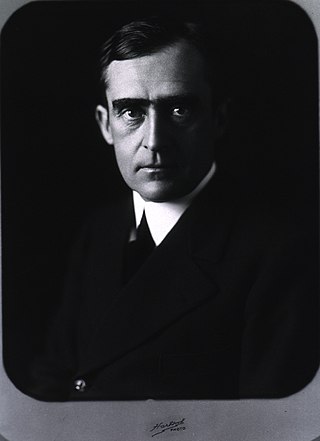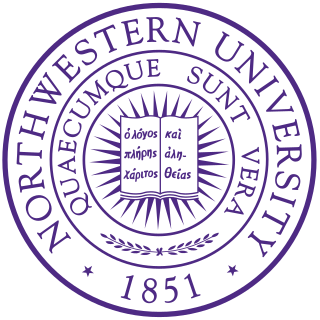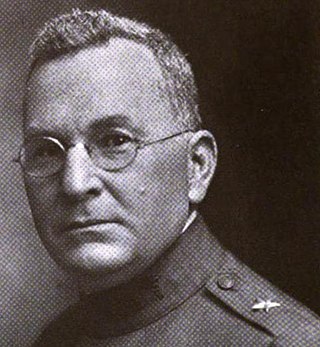
Charles Richard Drew was an American surgeon and medical researcher. He researched in the field of blood transfusions, developing improved techniques for blood storage, and applied his expert knowledge to developing large-scale blood banks early in World War II. This allowed medics to save thousands of Allied forces' lives during the war. As the most prominent African American in the field, Drew protested against the practice of racial segregation in the donation of blood, as it lacked scientific foundation, and resigned his position with the American Red Cross, which maintained the policy until 1950.

Antonia Coello Novello is a Puerto Rican physician and public health administrator. She was a vice admiral in the Public Health Service Commissioned Corps and served as 14th Surgeon General of the United States from 1990 to 1993. Novello was the first woman and first Hispanic to serve as Surgeon General. Novello also served as Commissioner of Health for the State of New York from 1999 to 2006. Novello has received numerous awards including more than fifty honorary degrees, was elected to the National Academy of Medicine in 2000, and has been inducted into the National Women's Hall of Fame. Her memoir, Duty Calls: Lessons Learned from an Unexpected Life of Service, was published in 2024.

Sanjay Gupta is an American neurosurgeon, medical reporter, and writer. He serves as associate chief of the neurosurgery service at Grady Memorial Hospital in Atlanta, Georgia, associate professor of neurosurgery at the Emory University School of Medicine, member of the National Academy of Medicine and American Academy of Arts and Sciences and is the chief medical correspondent for CNN.

Uniformed Services University of the Health Sciences (USU) is a health science university and professional school of the U.S. federal government. The primary mission of the school is to prepare graduates for service to the U.S. at home and abroad as uniformed health professionals, scientists and leaders; by conducting cutting-edge, military-relevant research; by leading the Military Health System in key functional and intellectual areas; and by providing operational support to units around the world.

The Medical Corps of the United States Navy is a staff corps consisting of military physicians in a variety of specialties. It is the senior corps among all staff corps, second in precedence only to line officers. The corps of commissioned officers was founded on March 3, 1871.

William Crawford Gorgas KCMG was a United States Army physician and 22nd Surgeon General of the U.S. Army (1914–1918). He is best known for his work in Florida, Havana and at the Panama Canal in abating the transmission of yellow fever and malaria by controlling the mosquitoes that carry these diseases, for which he used the discoverments made by the cuban doctor Carlos J. Finlay. At first, Finlay's strategy was greeted with considerable skepticism and opposition to such hygiene measures. However, the measures Gorgas put into practice as the head of the Panama Canal Zone Sanitation Commission saved thousands of lives and contributed to the success of the Canal's construction.

Cary Travers Grayson was a surgeon in the United States Navy who served a variety of roles from personal aide to President Woodrow Wilson to chairman of the American Red Cross.

The Feinberg School of Medicine is the medical school of Northwestern University and is located in the Streeterville neighborhood of Chicago, Illinois. Founded in 1859, Feinberg offers a full-time Doctor of Medicine degree program, multiple dual degree programs, graduate medical education, and continuing medical education.

Rear Admiral Presley Marion Rixey was a Surgeon General of the United States Navy (1902–10) and personal physician to Presidents William McKinley and Theodore Roosevelt.

Sir Thomas Peter Anderson Stuart was a Scottish-born professor of physiology, founder of the medical school at the University of Sydney.

Eleanor Concepcion "Connie" Mariano, is a Filipino American physician and retired flag officer in the United States Navy. She is the first Filipino American and graduate of the Uniformed Services University of Medicine to reach the rank of Rear Admiral in the U.S. Navy as well as the second woman to become Physician to the President, a position that placed her as director of the White House Medical Unit.

Brigadier General Carl Rogers Darnall was a United States Army chemist and surgeon credited with originating the technique of liquid chlorination of drinking water. Chlorination has been an exceedingly important innovation in public health, saving innumerable lives.

Dr. Robert Edward McKechnie was a physician and the second chancellor of the University of British Columbia.

William Seaman Bainbridge was an American surgeon and gynecologist. He served as a naval physician in the United States Navy and was co-founder of the International Committee of Military Medicine (ICMM) located in Liège.

Jedediah Hyde Baxter was a career United States Army officer and doctor who attained the rank of brigadier general as Surgeon General of the United States Army.
Dr. William Thornborough Hayward CMG., LLD., MRCS., LRCPI., was a medical doctor in South Australia.

Victor Clarence Vaughan was an American physician, medical researcher, educator, and academic administrator. From 1891 to 1921 he was the dean of the University of Michigan Medical School, which rose to national prominence under his leadership.
Donald Church Balfour was a Canadian medical educator and surgeon who specialized in gastrointestinal surgery. He worked at the Mayo Clinic from 1907 until 1947, and was director of the Mayo Foundation for Medical Education and Research from 1937 to 1947.

Robert E. Noble was an American physician and a career officer in the United States Army. A veteran of the Philippine–American War, United States occupation of Veracruz, World War I, and the Occupation of the Rhineland, he attained the rank of major general and was a recipient of the Army Distinguished Service Medal and French Legion of Honor (Commander).

















